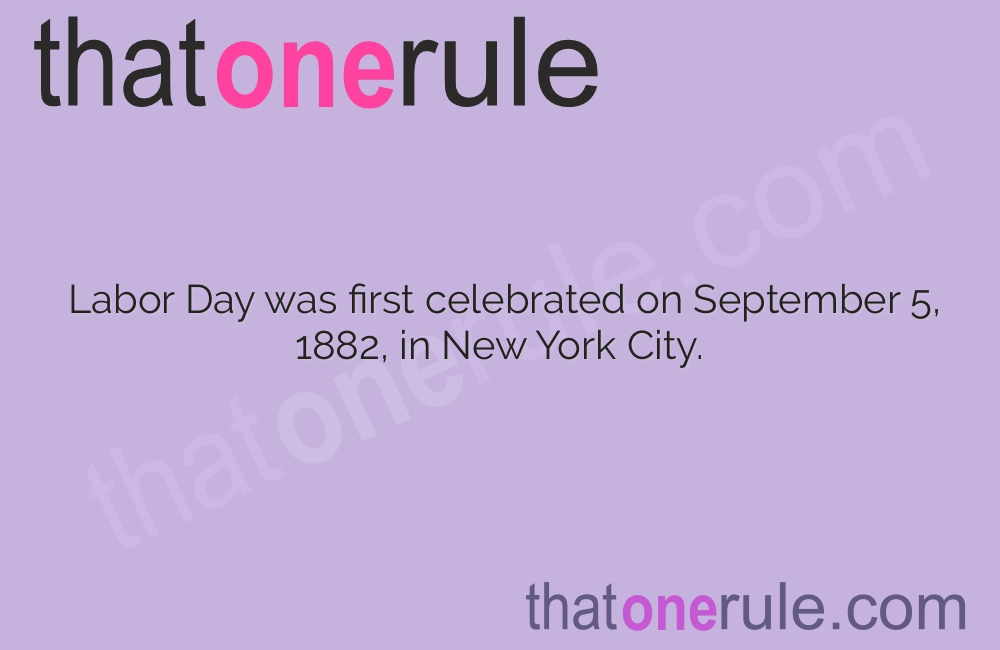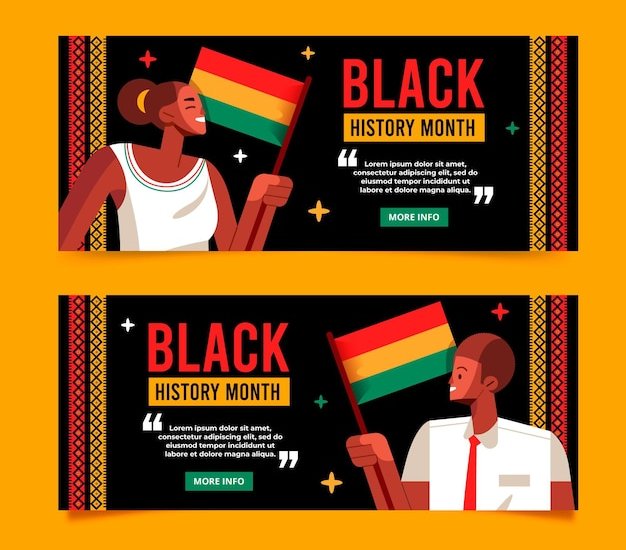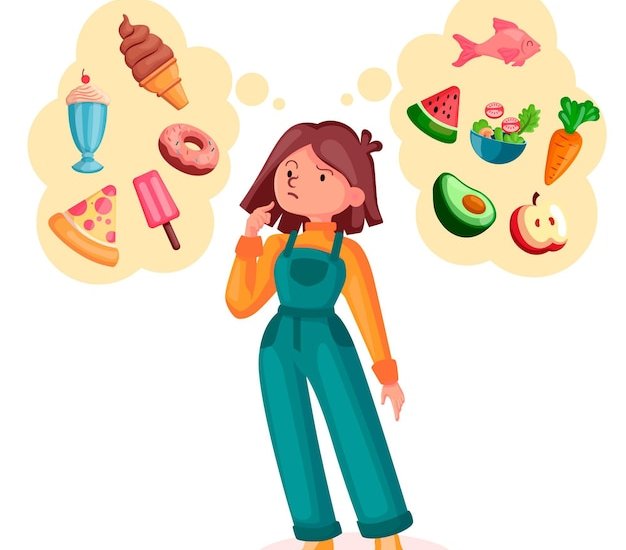Labor Day Facts – Everything You Need to Know

Labor Day was first celebrated on September 5, 1882, in New York City.
Americans celebrate Labor Day on the first Monday of September each year.
Labor Day was created to honor the contributions and achievements of American workers.
The holiday originated from the labor movement, which fought for better working conditions and fair wages.
Labor Day marks the unofficial end of summer in the United States.
The first Labor Day observance featured a parade of 10,000 workers in New York City.
Labor Day was made a federal holiday in the United States in 1894.
The first Labor Day parade included floats, bands, and speeches to honor the labor movement.
Many Americans celebrate Labor Day by having picnics, barbecues, and outdoor parties.
Labor Day is often considered a day to relax and enjoy some leisure time before the start of the school year or fall season.
One of the traditions on Labor Day is the Labor Day sales, where retailers offer discounts and promotions.
Labor Day is also associated with the end of wearing white clothes, as it is considered a fashion faux pas after the holiday.
Labor Day is a public holiday in the United States, meaning that most businesses and schools are closed.
Some people use Labor Day as an opportunity to travel and take a short vacation.
Many cities and towns hold Labor Day parades and festivals to honor workers in their communities.
Labor Day is celebrated in Canada as well, but on the first Monday of September.
Labor Day Facts – Everything You Need to Know part 2
Labor Day is often seen as a time to reflect on the achievements of workers and the importance of labor rights.
Labor unions play a significant role in advocating for workers’ rights and often participate in Labor Day events.
Labor Day is an opportunity for workers to take a break and spend time with their families and loved ones.
Some people take advantage of the long weekend on Labor Day to tackle home improvement projects or engage in DIY activities.
Labor Day is a reminder of the progress made in workers’ rights throughout history.
Labor Day provides an opportunity for individuals to show gratitude to the labor movement and the workers who have fought for better conditions.
Labor Day is a time to acknowledge the vital role workers play in the economy and society.
The first Labor Day emblem featured a carpenter’s square and a black banner with the words Labor Day inscribed.
Labor Day serves as a reminder of the challenges workers still face today, such as wage gaps and unsafe working conditions.
Labor Day is an occasion to appreciate the diversity of the workforce and the contributions made by people from different backgrounds and industries.
Labor Day is an essential reminder of the ongoing need for fair labor practices and protection of workers’ rights.
Labor Day allows Americans to honor the legacy of trailblazers in the labor movement who fought for significant social changes.
Labor Day reminds us of the power of collective action and the impact workers can make when they stand together.
Many labor unions and organizations use Labor Day as an opportunity to highlight ongoing issues and advocate for change.
Labor Day is a celebration of the power and resilience of the American workforce.
Labor Day encourages people to acknowledge the value of hard work and dedication in all areas of life.
Labor Day symbolizes the solidarity among workers, regardless of their occupation or industry.
Labor Day promotes a sense of community and unity among workers across the country.
Labor Day recognizes the importance of work-life balance and the need for leisure time.
Labor Day reminds us that work should be rewarding and fulfilling, not just a means of survival.
Labor Day festivities often include games and activities for children, emphasizing the importance of a balanced approach to work and play.
Labor Day is an opportunity for employers to express appreciation for their employees’ contributions.
Labor Day encourages individuals to think about the impact their work has on the greater society.
Labor Day underscores the importance of fair wages and equal opportunities for all workers.
Labor Day helps raise awareness about ongoing labor issues, such as income inequality and job insecurity.
Labor Day celebrates the achievements made by workers in shaping the United States into a prosperous nation.
Labor Day highlights the importance of unions in negotiating fair wages and ensuring safe working conditions.
Labor Day commemorates those who have made sacrifices to improve the lives of workers throughout history.
Labor Day encourages individuals to remember that every job, no matter how small, contributes to the overall well-being of society.

